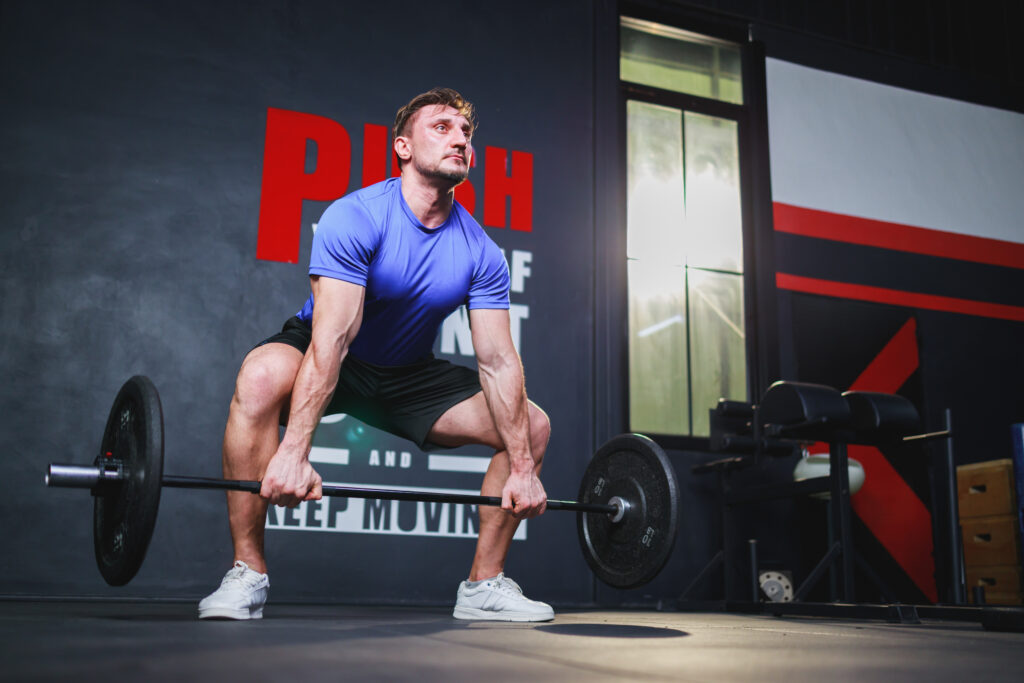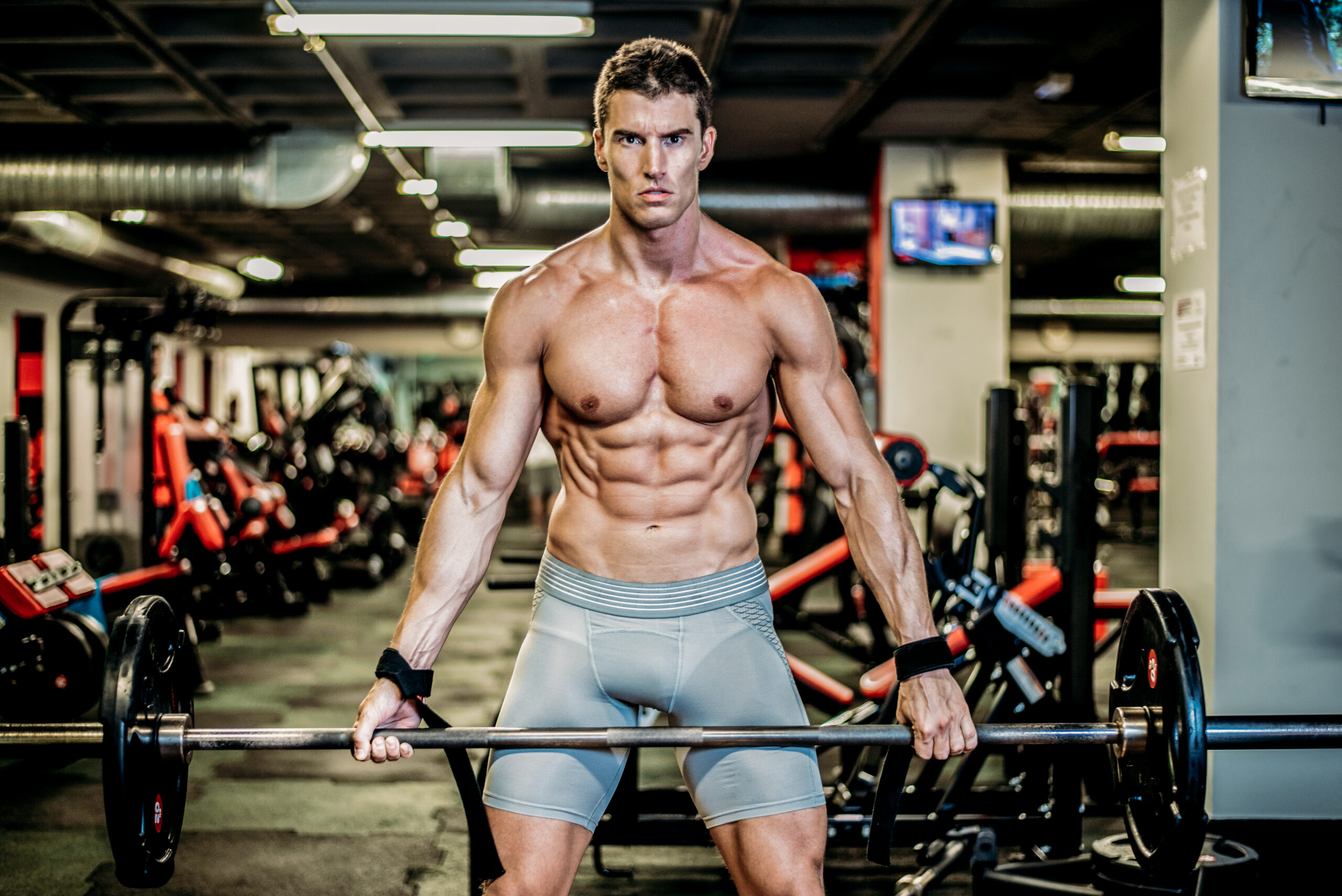creatine and performance
Creatine is a substance that is found naturally in the body and is popularly used as a supplement to improve exercise performance. It plays a vital role in the production of energy, particularly during high-intensity exercise, by increasing the availability of ATP (adenosine triphosphate), the primary energy source used by the body during exercise but, does creatine really improve performance?
does creatine improve performance?
There is a considerable amount of research to support the use of creatine as a supplement to improve exercise performance.
There are studies where athletes who supplemented with creatine experienced significant increases in muscle strength and power compared to those who did not take the supplement.
Other studies have also shown that creatine can improve performance in activities such as sprinting and jumping, as well as increase muscle mass and improve recovery time between workouts.
how does creatine improve runners performance?
As we know, creatine helps our body to produce more ATP, which then gives us an extra energy boost to exercise harder and for longer. This can be beneficial not only to a strength training program but to running, too.
Also, runners have to train. They need to stay fit and strong to run at length. Creatine helps runners to train at a high intensity. A study showed that creatine boosts muscle strength for athletes by as much as 15%.
In addition, athletes supplementing their diet with creatine may experience less muscle damage, inflammation, and muscle soreness in response to running 30 km.
Consequently, creatine supplementation may help athletes recover from intense exercise and/or tolerate intensified periods of training to a greater degree.

How does creatine improve bulking?
Creatine is the perfect tool to aid in bulking phases, and the most effective supplement for increasing muscle mass and strength.
While bulking, your body requires high levels of energy for optimum performance. However, energy depletes rapidly during exercise. Supplementing creatine into your routine can help to saturate your muscle creatine stores to support your exercise performance.
In addition to creatine’s role in ATP energy production, it may also improve the function of your muscle cells in other ways.
For example, it may also increase IGF-1, a key hormone for muscle growth. These changes trigger several processes that lead to the formation of new proteins, subsequently creating new muscle mass.
Creatine may also help you reduce muscle breakdown and retain muscle during exercise. This may result in a greater amount of muscle in the long-term.
Another long-term benefit of creatine is the ability to perform more exercises or repetitions and lift heavier weights per training session.

is creatine also useful for intermittent sports?
It is. Creatine supplementation is beneficial in sports involving intermittent high intensity exercise and has been shown to improve performance of measures like repeated sprint speed and jump height.
A randomized-controlled trial found that creatine had a small but notable effect on repeated sprinting performance. During the last 5 seconds of the last sprint, creatine improved speed and power output by a few percent compared to placebo group.
These benefits are potentially helpful in common team sports like soccer, football or basketball. In these sports, the positive effects of creatine with resistance training on muscle mass and strength may also be beneficial.

does creatine help lift heavier weights?
ATP energy is the main fuel source for high-intensity exercise. Because creatine can increase phosphocreatine levels and therefore increase ATP energy production, it is one of the few supplements repeatedly proven to increase strength and power.
Creatine promotes intense lifting by keeping ATP system running to enhance your best performance in real-time. Creatine also buffers the development of lactic acid allowing for a more enduring workout.
Additionally, creatine is thought to improve strength, increase lean muscle mass, and help the muscles recover more quickly during exercise. This muscular boost may help athletes achieve bursts of speed and energy, especially during short bouts of high-intensity activities such as weight lifting.

HOW TO CHOOSE A GOOD QUALITY CREATINE?
In order to have its activity, creatine must be converted into phosphocreatine.
If you want to skip the loading phase and get results from day 1, choose a creatine that contains this ingredient in its formula.
For example, Clonapure®, thanks to its innovative formula, that contains phosphocreatine, makes the time-response more effective than supplementing with solely Creatine Monohydrate.
You can get more info here.
If you need help about dosages and timing of creatine supplementation, you can also check this article.




